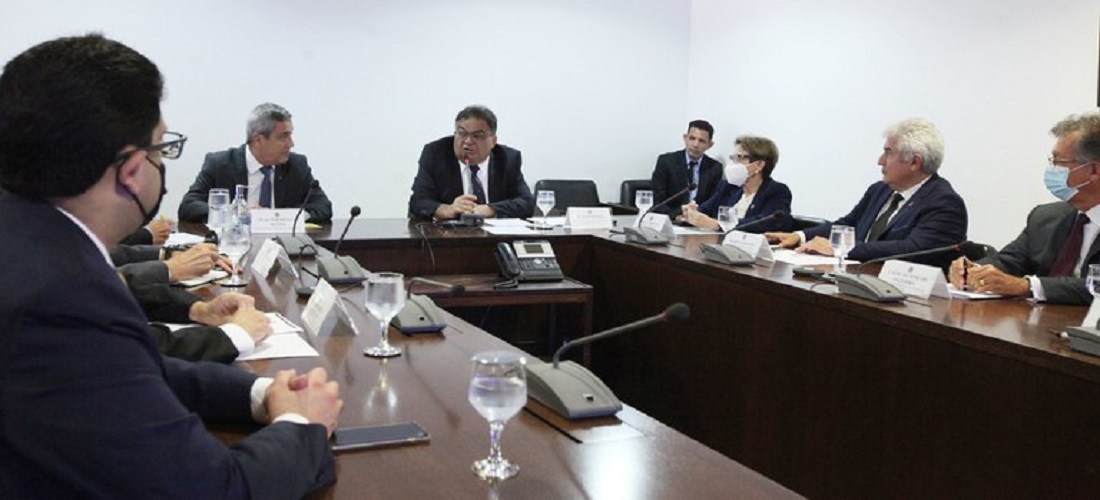
Brazilian government wants to reduce dependence on imported fertilizers
Mar, 10, 2021 Posted by Ruth HollardWeek 202111
On March 9, the first meeting of the Interministerial Working Group responsible for the preparation of the National Fertilizer Plan was held. The group was created with the publication of Decree 10.605 and will have meetings every 15 days.
Minister Tereza Cristina (Agriculture, Livestock, and Food Supply) reinforced that fertilizers are strategic inputs for Brazilian agriculture and said that Brazil needs to have a minimum production of fertilizers to guarantee national security and food security.
“The moment you had the pandemic, you saw how important our country’s food security was. Our agriculture grows every year, we will need fertilizers more and more. This group will be our guide” she said. “It does not mean that we have to stop importing fertilizers, but we need a safe volume of national production,” added the minister.
The Working Group is formed by representatives of the Special Secretariat for Strategic Affairs of the Presidency of the Republic, the Civil House and the ministries of Agriculture, Livestock and Supply; Economy; Infrastructure; Mines and Energy; Environment and Science; Technology and Innovations; EMBRAPA; and the Office of Institutional Security and Advocacy-General of the Union. The executive secretariat will be in charge of the Special Secretariat for Strategic Affairs.
The plan’s objective is to make the country a protagonist in technological innovation in sustainable plant nutrition, expand the production and supply of national fertilizers, and reduce dependence on foreign products. The GTI must deliver the National Fertilizer Plan to the Special Secretary for Strategic Affairs of the Presidency of the Republic within 120 days.
In 2020, Brazil imported 32.8 million tons of fertilizers, according to ANDA (the national association for the dissemination of fertilizers), 11.3% more than in the previous year. Consumption had already risen from 33.5 million from January to October, 10% more than in the same period in 2019. National production is between 7 and 8 million tons.
With information from Valor Econõmico
-
Ports and Terminals
Jun, 29, 2020
0
Fortaleza Port’s EBITDA grows by more than 180% in 12 months fueled by growth in solid bulk
-
Ports and Terminals
Jun, 23, 2023
0
Açu Port targets sugarcane biomass for green methanol production
-
Shipping
Mar, 20, 2023
0
Hapag-Lloyd increases freight rates from Asia to Latin America
-
Ports and Terminals
Feb, 28, 2025
0
Porto do Itaqui Strengthens Global Commitment to Sustainable Port Practices



